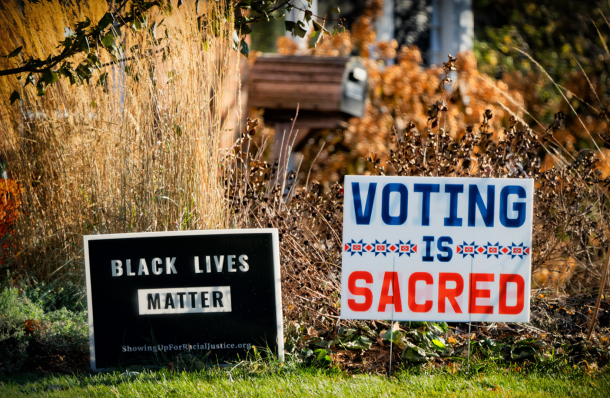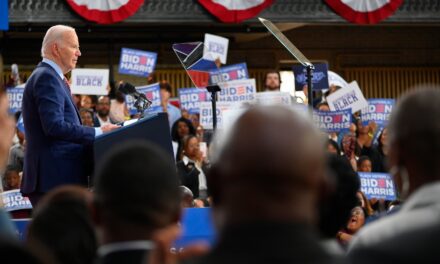By Amaka Watson | Houston Defender | Word In Black

(WIB) – Black Futures Lab marks a milestone in its pursuit of nationwide representation: the culmination of The Black Census, an unparalleled effort to gather responses from Black individuals across all 50 states.
Black leaders who joined in the conversation included Alicia Garza, founder of Black Future Lab; Michael Harriot, author of “Black AF: The Un-Whitewashed Story of America;” Aria Sa’id co-founder of Emeritus, The Transgender District; Roland Martin, host and managing editor of #RolandMartinUnfiltered; and Angela Rye, social justice advocate.
“As we head into 2024 it is really critical that we engage Black communities early and often,” said Garza. “Every single day there is policy that is being made about us without us which makes it not public policy.”
Once recognized as the largest survey of Black people since the Reconstruction era, The Black Census now stands as an unprecedented feat in American history, dwarfing its 2018 predecessor by fourfold.
The inaugural insights from this comprehensive survey transcend demographics and geographic boundaries. They encompass a diverse array of communities, including LGBQ+ groups, trans communities, incarcerated Black individuals, Black immigrants, and those residing in rural areas.
Garza said that there are Black communities that often get left out of the conversation about their experiences and what they want for their futures.
“The top three issues… low wages, which is the same as the 2018 responses. Gun violence is the second issue, and the education failing our kids is the third,” said Rye. “We want to make sure that we represent the diaspora and the fact that Black folks aren’t monolithic.”
Well, here is the opportunity for Black folks to actually be able to be counted.ROLAND MARTIN, HOST AND MANAGING EDITOR OF #ROLANDMARTINUNFILTERED
“It’s really important that Black trans people are heard and counted, especially in a time when there are over 500 anti-trans legislation bills in the United States and counting,” said Sa’id. “The U.S Census, as many people know, does not capture data around trans people, LGBQ people, and our lives and experiences. It only sort of captures race and social economic data.”
At the core of this endeavor lies the design of the Black Agenda 2024, a potent policy roadmap that imparts the vital priorities of Black communities nationwide to legislators at every level of government.
With the unveiling of the Black Census Project 2023, Black Future Labs ignites a transformative journey. This visionary project strives to engage 200,000 Black individuals from coast to coast. By the end of the briefing about 129,000 people completed the survey and its increasing in number.
The survey is a user-friendly experience, facilitated through an easily accessible online platform at blackcensus.org. The Black Futures Lab orchestrates robust outreach initiatives, encompassing phone calls, text messages, digital advertisements on social media, and community door-knocking, spanning the nation until the end of October.
“Whenever you hear our folks talk about surveys and polls, you often see people on social say that ‘nobody reached out to me, nobody called me, nobody told me,” Martin said. “Well, here is the opportunity for Black folks to actually be able to be counted.”
The Black Census’s insights are poised to exert a formidable influence on the trajectory of the Black agenda for 2024. This treasure trove of data serves as a legislative compass, steering policy priorities that amplify Black lives within the realm of public policy.
Moreover, these revelations will also cast a spotlight on the paramount issues championed by candidates and their campaigns in the upcoming 2024 general elections.
Census results will be released in early 2024.




